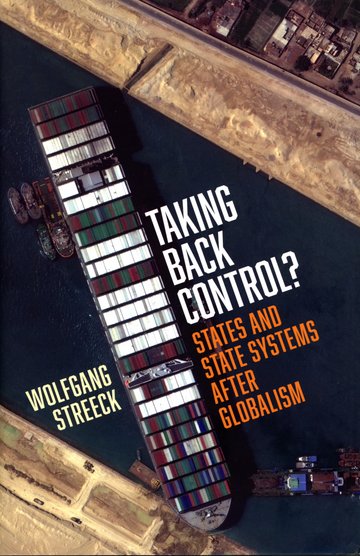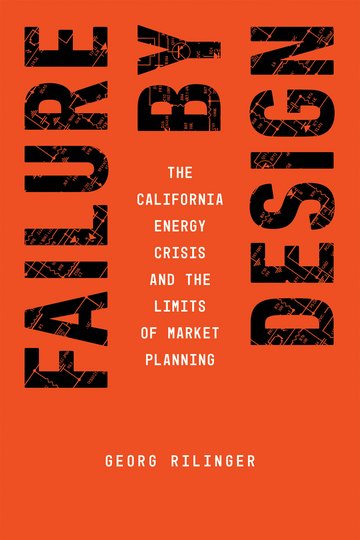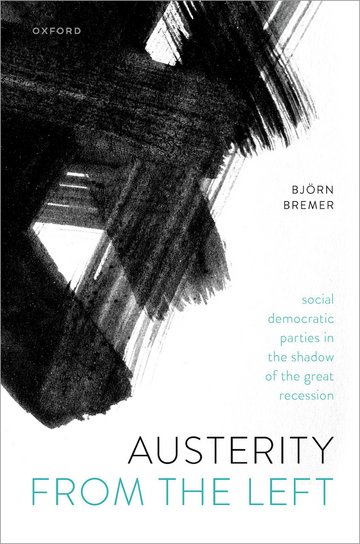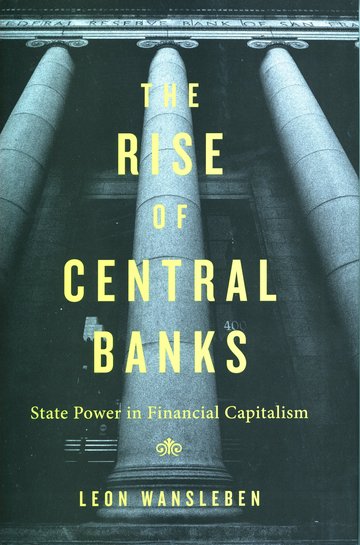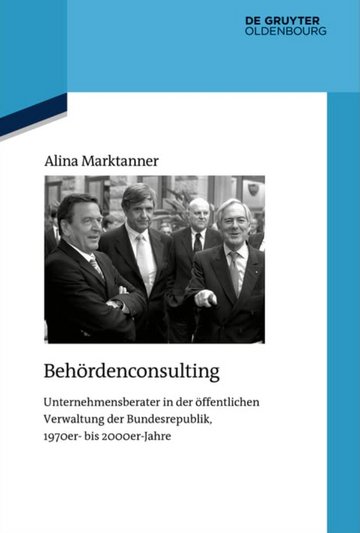Dismantling Solidarity: Capitalist Politics and American Pensions since the New Deal
Michael A. McCarthy
MPIfG Book
Abstract
Why has old-age security become less solidaristic and increasingly tied to risky capitalist markets? Drawing on rich archival data that covers more than fifty years of American history, Michael A. McCarthy argues that the critical driver was policymakers' reactions to capitalist crises and their political imperative to promote capitalist growth.
Pension development has followed three paths of marketization in America since the New Deal, each distinct but converging: occupational pension plans were adopted as an alternative to real increases in Social Security benefits after World War II, private pension assets were then financialized and invested into the stock market, and, since the 1970s, traditional pension plans have come to be replaced with riskier 401(k) retirement plans. Comparing each episode of change, Dismantling Solidarity mounts a forceful challenge to common understandings of America's private pension system and offers an alternative political economy of the welfare state.
McCarthy weaves together a theoretical framework that helps to explain pension marketization with structural mechanisms that push policymakers to intervene to promote capitalist growth and avoid capitalist crises and contingent historical factors that both drive them to intervene in the particular ways they do and shape how their interventions bear on welfare change. By emphasizing the capitalist context in which policymaking occurs, McCarthy turns our attention to the structural factors that drive policy change. Dismantling Solidarity is both theoretically and historically detailed and superbly argued, urging the reader to reconsider how capitalism itself constrains policymaking. It will be of interest to sociologists, political scientists, historians, and those curious about the relationship between capitalism and democracy.
Contents
1. The Retirement Puzzle
2. Capitalist Crisis and Pension Insecurity
3. Reconversion and the Origin of Bargained Plans
4. Turning Labor into Finance Capital
5. Toward the 401(k) Ownership Society
6. Conclusions
Author
Michael A. McCarthy
Reviews
"Over the past half century, Americans' retirement pensions have become more subject to market risks. Michael A. McCarthy offers an innovative and rigorously constructed explanation for this change, linking it to politicians' efforts to manage crises while the balance of class forces shifted. This book advances our knowledge of recent political history and offers a model of how to understand the interaction of legislative and class politics."
Richard Lachmann, University at Albany, State University of New York
"Liberalization and privatization have many faces and come in a wide variety of ways. Michael A. McCarthy shows how Social Security, originally a public, nonmarket institution, is gradually penetrated by market forces and turned market-compatible in a capitalist context. The book makes an important contribution to the political economy of the welfare state and its transformation under the impact of liberalization."
Wolfgang Streeck, Max Planck Institute for the Study of Societies
"When a fresh voice is open to surprise reports on original research about a subject of fundamental importance, intellectual and political illumination can follow, as it does in this challenging and compelling book. This is policy history of the first rank."
Ira Katznelson, Ruggles Professor of Political Science and History, Columbia University
"Michael A. McCarthy marshals original historical research to get deep into the institutional details of pension financing and to trace the shifting alignments made possible by those institutional arrangements. The resulting work is a valuable contribution to the literature on the development of the public/private welfare state that should be consulted by any serious student of American political economy."
Greta R. Krippner, Associate Professor of Sociology, University of Michigan
"In Dismantling Solidarity, Michael A. McCarthy develops a powerful framework to explain the rise and fall of solidaristic pensions in the United States since World War II. He breathes new life into old debates about employers, the state, and the development of social policies."
Fred Block, Research Professor, University of California, Davis, Department of Sociology





